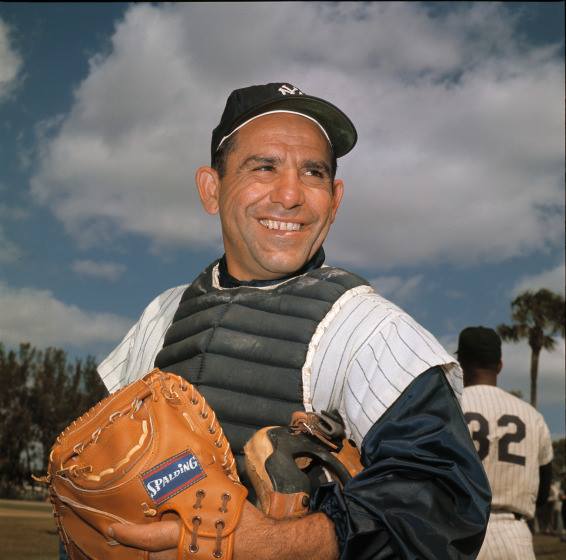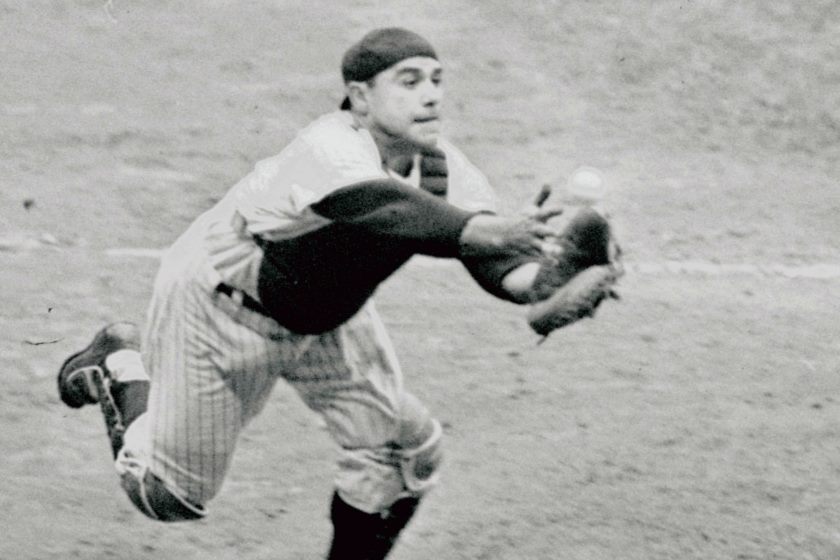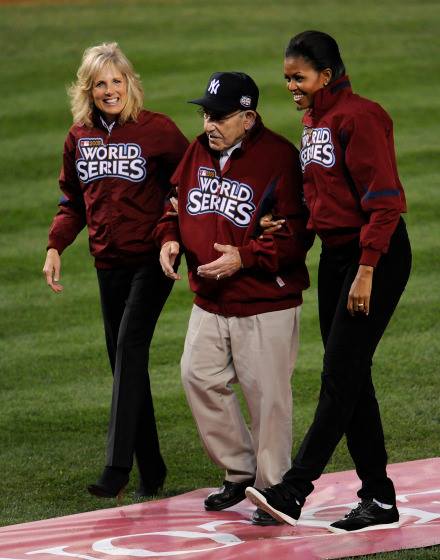Today in History: Triangle Shirtwaist Factory Fire
International Ladies’ Garment Workers’ Union Archives, Kheel Center, Cornell University.
Today is the 105th anniversary of the Triangle Shirtwaist Factory Fire, the deadliest industrial disaster in the history of New York City and one of the most gruesome the United States has ever seen. The fire caused the deaths of 146 garment workers, the majority women, who died from fire, smoke inhalation and jumping to their deaths. Most of the victims were recent Jewish and Italian immigrant woman, aged 16-23 years old, with two victims being as young as 14. The factory was located on the 8th and 9th floors of the Asch Building in NYC. The owners had locked the doors to the stairwells and exits (a then common practice) to prevent both theft and deter workers from taking unauthorized breaks, causing many workers to become trapped in the burning building. This horrible tragedy led to legislation requiring improved factory safety standards as well as helped to spur the growth of the International Ladies’ Garment Workers’ Union (ILGWU).
Check out the front page of the Brooklyn Daily Eagle from the day following this horrific tragedy:
Brooklyn Daily Eagle. Vol 72. No. 84. March 26, 1911. p. 1.










